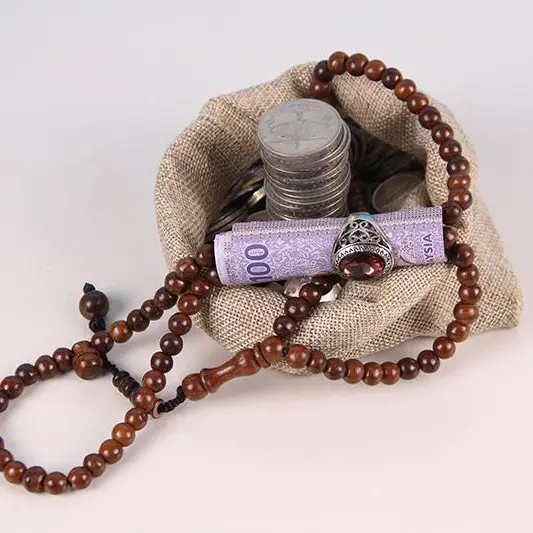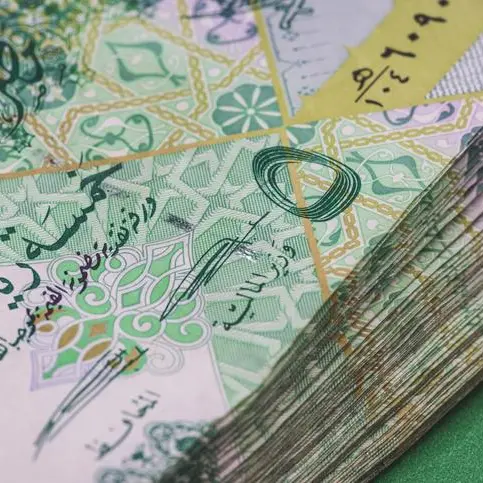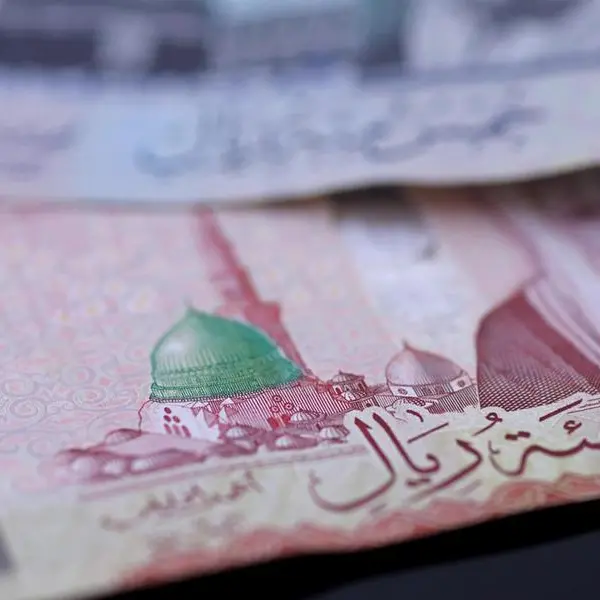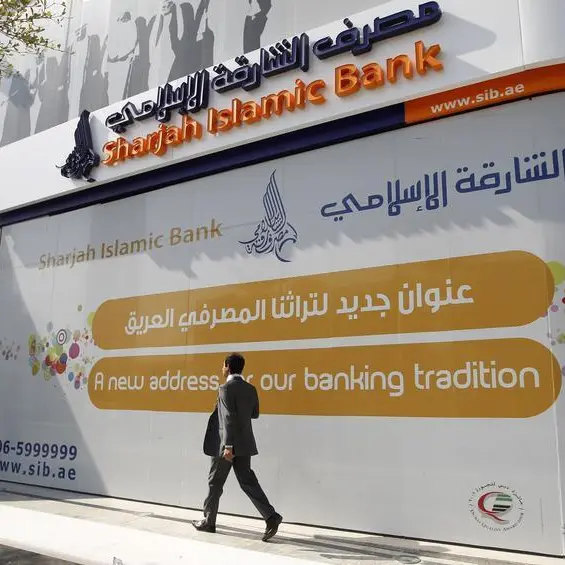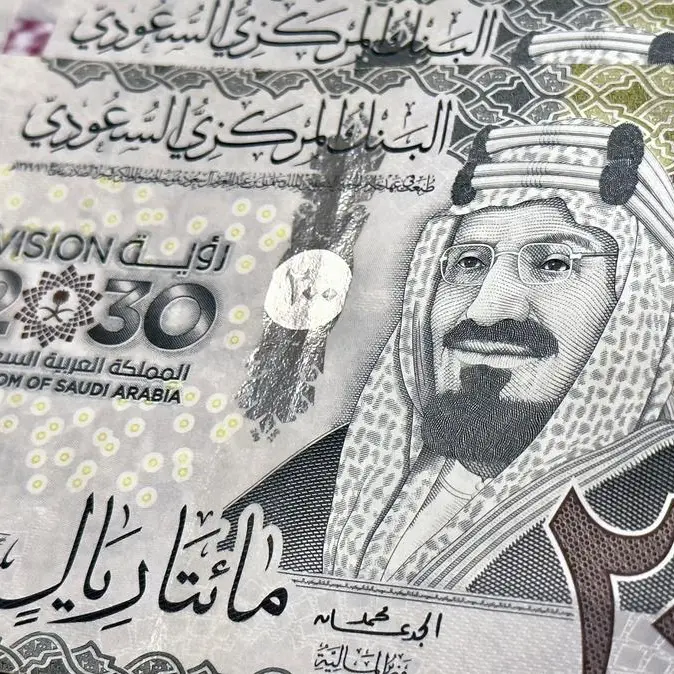PHOTO
With Pakistan’s foreign reserves continuing to deplete through international debt repayments, the government returned to the international sukuk market for the first time since a five-year dollar sukuk was issued in 2017.
In January 2022, the sovereign raised $1 billion from the sale of a seven-year sukuk on the Eurobond market. The issue will cost the government 7.95 percent in profit payments, the highest return ever offered in Pakistan’s sukuk borrowing history in international markets.
Even so, the sovereign was able to negotiate pricing down from a benchmark rate of 8.25 percent to 8.375 percent, supported by the potential for robust long-term economic growth, as well as ongoing structural reforms to improve power sector performance and in revenue mobilisation, fiscal consolidation and debt management. The government used portions of the M2 motorway linking Lahore to Islamabad as the underlying assets for its sukuk.
The motivation for the issuance, despite the steep borrowing cost, was to strengthen the country’s foreign exchange reserves in advance of some large foreign loan repayments. These reserves have come under pressure as Pakistan’s external account deficit widened due to a surge in commodity – mainly oil – prices at the same time as the rupee depreciated after a market-based exchange rate was adopted in 2021.
International debt repayments and servicing existing debt will require a total of $21 billion in the 2022-23 fiscal year, in addition to at least $15 billion required to cover the current account deficit plus $1 billion covering other financing needs. This $37 billion addition to the existing debt burden limits Pakistan’s options for raising debt, making it no longer prudent to tap global capital markets.
As interest rates increased, creating unfavourable pricing conditions for Pakistan in international bond markets, the government issued an additional $4.8 billion in the domestic market, raising the H1 2022 total to $5.8 billion.
The sovereign announced in June that it would become a more active sukuk issuer as part of measures to achieve economic stability. The State Bank of Pakistan (SBP) plans to raise PKR85 billion ($383.5 million) during Q3 2022 through Ijara sukuk issued on the domestic market. It has pledged the use of several federal assets, including the Islamabad Expressway, to back upcoming sovereign sukuk issuances.
Looking ahead, the government aims to issue sukuk under its Asset Light Sukuk (ALS) framework unveiled in 2021, whereby sukuk can be issued using hybrid structures not entirely backed by land or property.
By these means, it is hoped to increase the share of Islamic instruments from 3.9 percent in the 2020-21 fiscal year to at least 10 percent of the government securities portfolio by the end of the 2022-23 fiscal year as part of the government’s Medium-Term Debt Management Strategy 2020-23.
The government aims to tap debt markets more regularly through this scheme, which may reduce the cost of issuing sukuk.
For more insights, analysis and projections for the sukuk market in 2022, download Refinitiv’s report, Sukuk Perception and Forecast Study 2022: Navigating a New Environment.
(Writing by Jinan AlTaitoon, editing by Seban Scaria)


